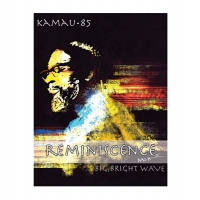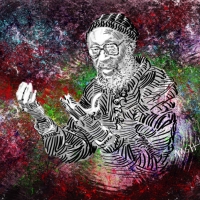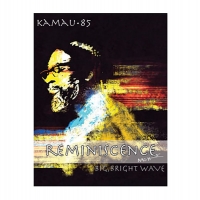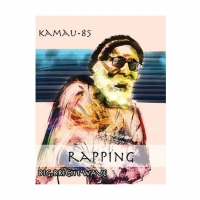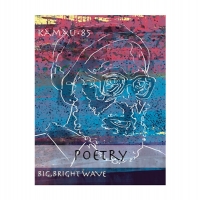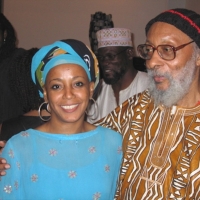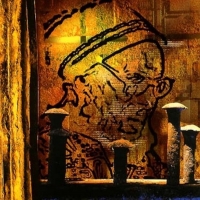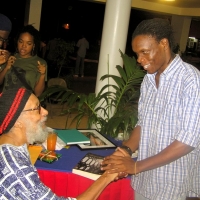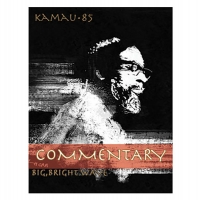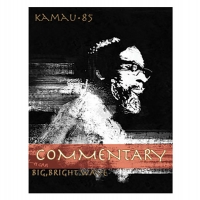KAMAU PLAYED A crucial role in returning me to myself, so to speak. I’d left Jamaica at age nine for Barbados. We are both—though of different eras—alumni of Harrison College. After Barbados, I spent five years at an English public (i.e., private) school. I was an outsider there, of course, though I enjoyed the experience, and England.

ArtsEtc Inc. 1814-6139
All works copyrighted and may not be reproduced without permission. ©2013 - hoc anno | www.artsetcbarbados.com
All works copyrighted and may not be reproduced without permission. ©2013 - hoc anno | www.artsetcbarbados.com




